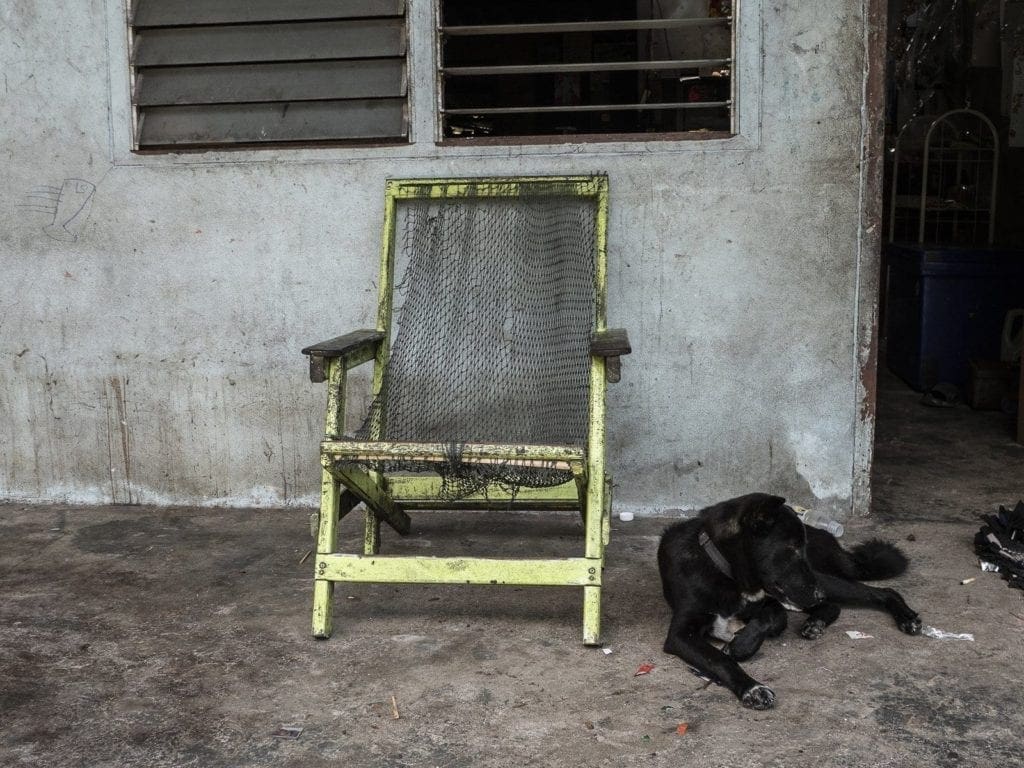About eight hundred islands make up the Mergui archipelago off the southern coast of Burma, along the west coast of Thailand.
One island in particular catches our attention, Kho Phayam in the Andaman Sea.
Here, in this place of peace and silence, live the Moken, the last nomads of the sea. An ancestral people who now number only a few thousand.
The life of the Moken is mainly ocean-related, and it is said that children learn to swim even before they learn to walk.
Their connection to the sea and their knowledge of the winds and lunar cycles were the salvation of these people during the frightening tsunami that hit the coast of Thailand in 2004. They moved inland, to the mainland, far from the coast, thus escaping the catastrophe.

Kaiky: the oldest of the Moken
Their world takes place inside their boats called kabang, which they built. Some stay on land during the rainy season and set sail when the weather improves. During this period, we were able to approach and document the now-limited life of an astonishing 93-year-old woman, Kaiky, probably the oldest of the Moken.
Kaiky’s life was punctuated by constant travel by kabang boats along the coast of Thailand. Now weakened, tired and marked by arthrosis, she leads a restricted life on dry land. Her world is a pink plastic box where she keeps her medicines and creams, which her daughter rubs on her wrinkled and thin back daily. Her daily movements are now limited to a few square metres and her world can no longer be the immensity and infinity of the sea. But she does not seem to be nostalgic for the life dedicated to cooking and following her husband and family inside the boat.
Kaiky is probably the last witness of the atavistic Moken culture. A culture that has always, and still does, reject material goods.

